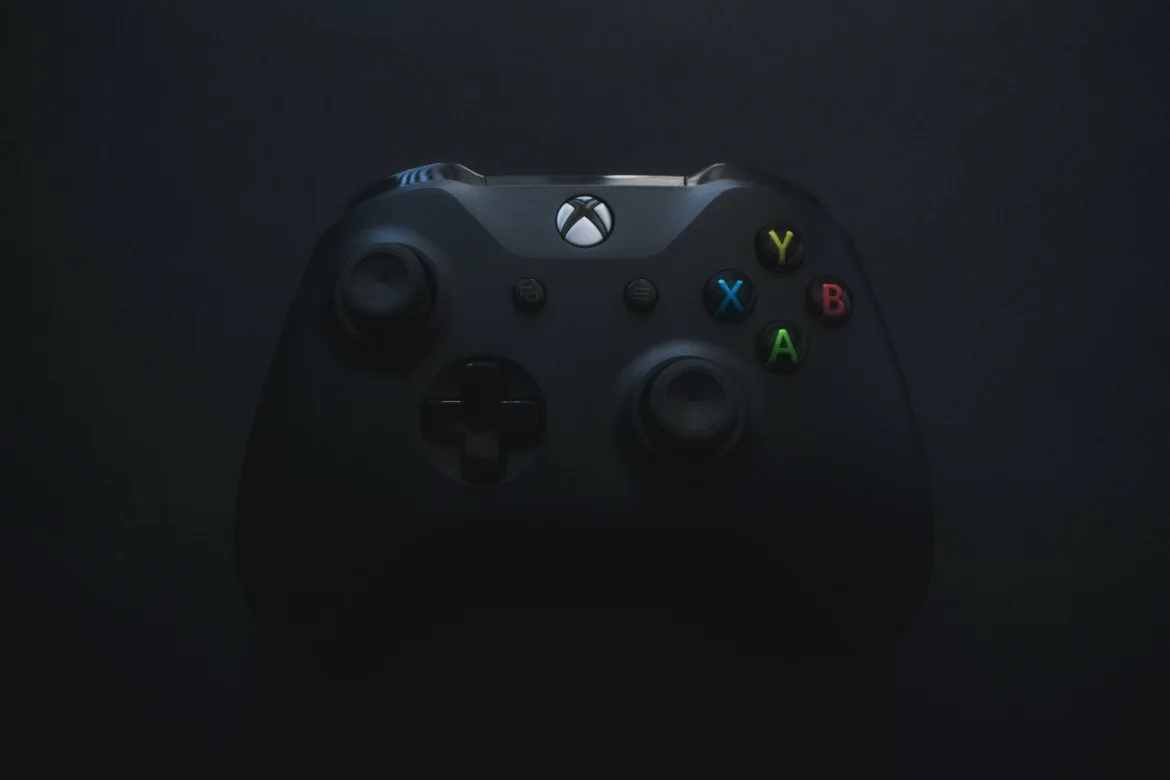In the ever-evolving landscape of gaming, a groundbreaking alliance between Microsoft Xbox and Inworld AI is set to revolutionize the way players engage with video game worlds. This partnership, focusing on non-playable characters (NPCs), aims to harness the power of generative artificial intelligence (gen AI) to breathe life into scripted gaming narratives.
Kylan Gibbs, Chief Product Officer and Co-Founder of Inworld AI, asserts that the incorporation of AI in NPCs signifies more than technological advancement. He states, “AI NPCs are not just a technological leap. They’re a paradigm shift for player engagement.” This shift from scripted dialogue to dynamic, player-driven narratives promises to enhance immersion, replayability, and the overall gaming experience.
The collaboration comes at a time when the gaming industry is witnessing a gradual integration of AI. John Spitzer, Vice President of Developer and Performance Technology at Nvidia, emphasizes the interest among developers in exploring how AI, particularly in powering non-playable characters, can impact the game development process. This move is seen as a significant stride toward creating unpredictable and immersive gaming worlds.
Bing Gordon, an Inworld advisor and former Chief Creative Officer at Electronic Arts, envisions AI ushering in a new era for both gamers and game designers. Gordon believes that AI will enable truly immersive worlds and sophisticated narratives, placing players at the center of the fantasy. The potential for AI to influence fundamental game mechanics holds the promise of increased engagement and deeper player involvement.
The application of Gen AI is not limited to enhancing gaming narratives but extends to the production phase. Anders Christofferson, a partner within Bain & Company’s media and entertainment practice, anticipates a major impact on gaming production. The technology’s ability to handle tasks like storyboard design and NPC dialogue creation is expected to free up developers’ time, allowing them to focus on more immersive and creative aspects of game development.
According to a recent study by Bain, AI is gradually assuming roles in preproduction, planning, character development, dialogue creation, and environment design in the gaming industry. Gaming executives anticipate that within the next five to ten years, AI will manage more than half of the game development process. While this may not necessarily lead to lower production costs, it is expected to expedite game delivery and enhance overall quality.
The democratization of content creation is another aspect where Gen AI is anticipated to play a pivotal role. With the average gamer becoming a part of the content creation process, more games are expected to offer user-generated content, fostering what Kylan Gibbs calls “player-driven narratives.”
Despite the potential for transformative change, the current state of Gen AI in gaming is described by Julian Togelius, Associate Professor of Computer Science and Engineering at New York University, as a “medium-sized deal.” He emphasizes the ongoing experimentation and learning process surrounding the integration of generative AI in the gaming industry.
As Microsoft and Inworld AI embark on this innovative journey, the gaming community eagerly awaits the unfolding narrative of AI-driven gaming experiences. The challenge lies in striking a balance between the strengths and weaknesses of generative AI, ensuring a seamless blend of predictability and unpredictability in the gaming world.
Source: Original article from CNBC.


Leave a Reply